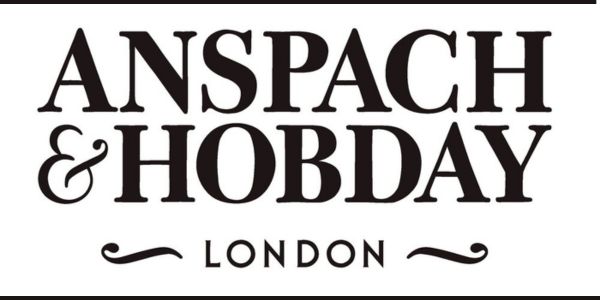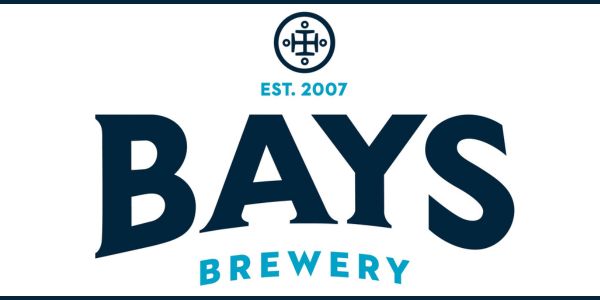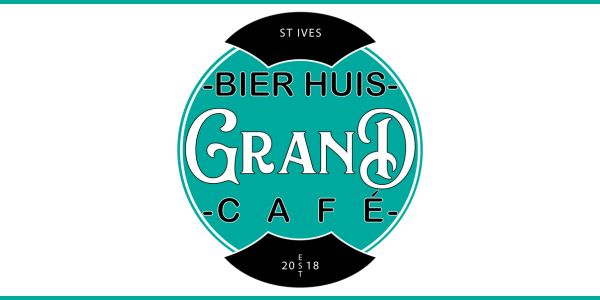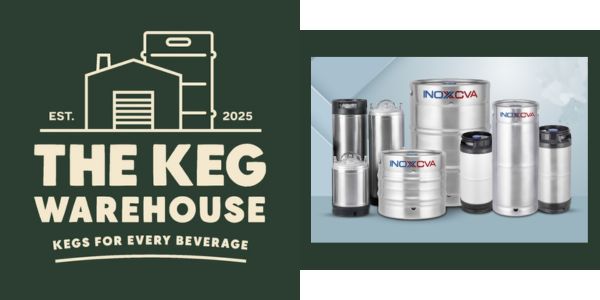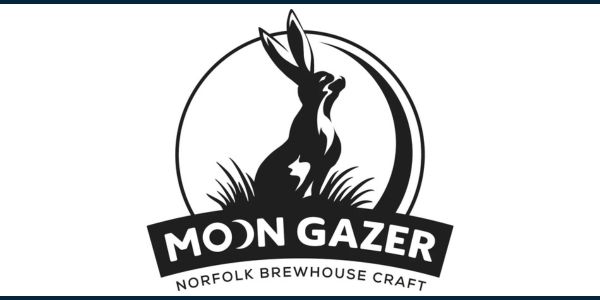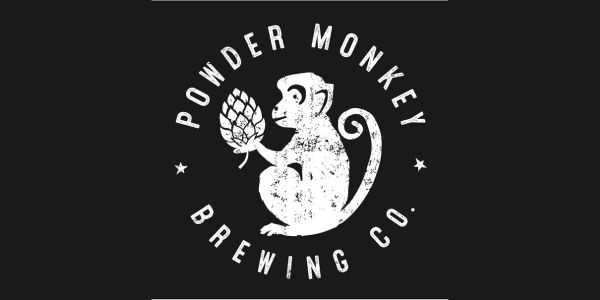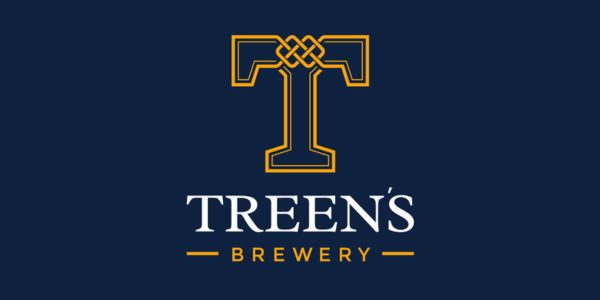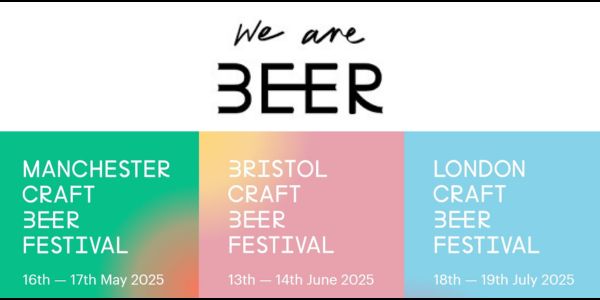Sales of alcoholic drinks have dropped by 31% in the past year, and the new trend of being sober curious is rising.
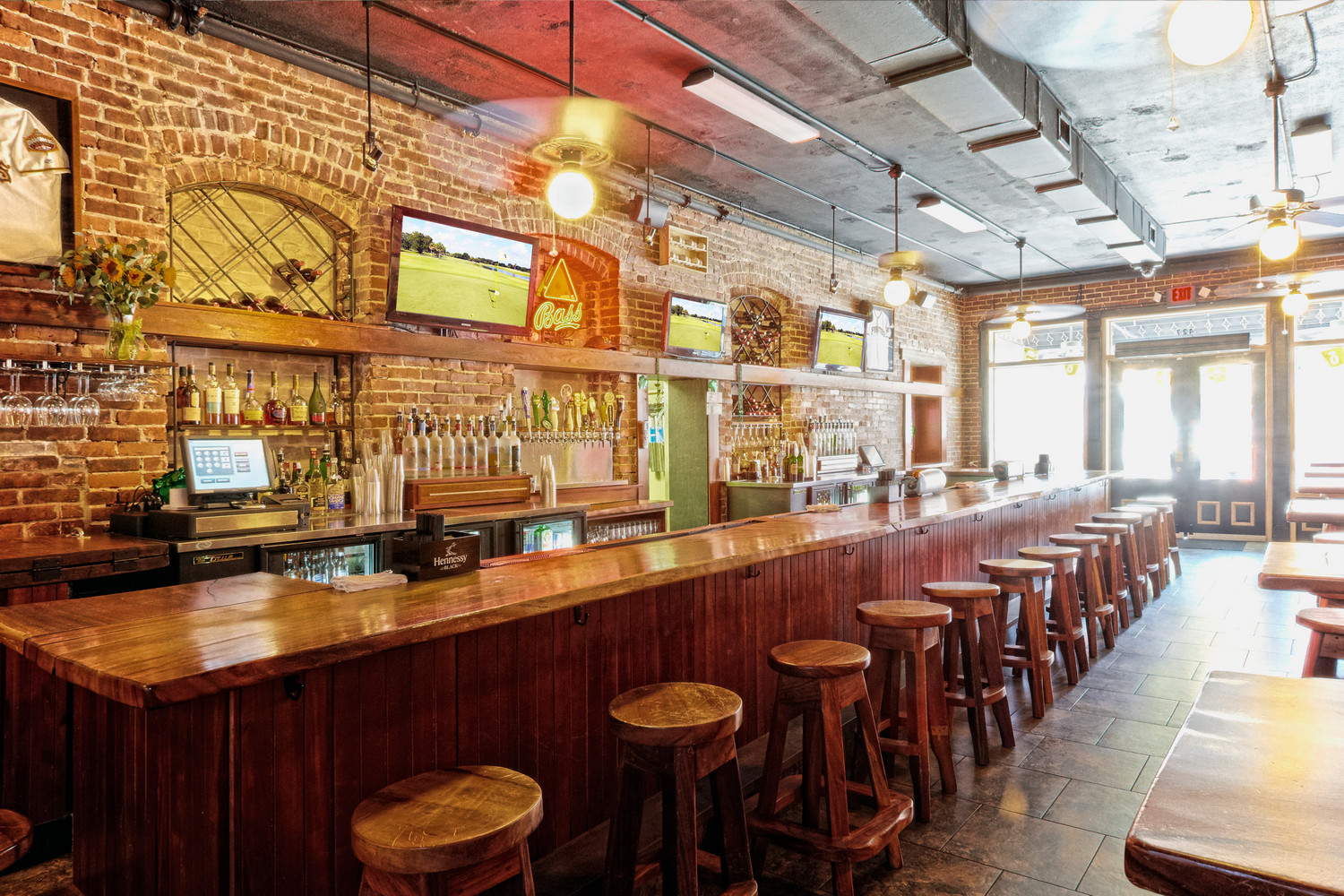
Searches for ‘sober curious drinks’ have risen by 200%, with those aged 18 to 24 (46.9%) pushing the trend. They are most likely to not drink alcohol at all in comparison to their older counterparts, according to research by SumUp.
The payment experts spoke to Luke Slater, from The Cask Connoisseur, to reveal why Brits are spending more on non-alcoholic drinks, and to discover the most popular non-alcoholic options.
Non-alcoholic drink sales increased by 31.5% from 2022 to 2023, according to Luke. In the first half of 2024, sales of both alcoholic and non-alcoholic drinks were very even, with 9,000 more non-alcoholic drinks being sold.
“After Christmas, there is always a surge in people asking for either non-alcoholic or soft drinks, but this year it seemed to be more than usual,” said Luke.
“It has fluctuated throughout the year. Things like Wimbledon encourage a glass of Pimms, or the Euros is a high time for people wanting a drink. But, excluding these events, it has certainly been a lot quieter this year for alcoholic beverages since April.
“Once we’ve got past people doing Dry January, we would naturally see people drinking again in February, but it does seem to have died down recently.
“For our customers, soft drinks and non-alcoholic beers are the most popular. We don’t sell much alcohol-free wine, due to it being quite unpopular, and whilst we do sell mocktails, these are far and few between.”
Luke added: “Younger generations, particularly those aged 25 and above, are increasingly gravitating towards the ‘sober curious’ movement, opting to drink less alcohol or none at all.
“This shift will likely lead to more sophisticated non-alcoholic options, including enhanced mocktails and alcohol-free spirits that offer the same social experience without the effects of alcohol.
“While occasional alcoholic drinks may still be enjoyed, I expect non-alcoholic alternatives to dominate, reflecting a long-term cultural change towards wellness and moderation.”

